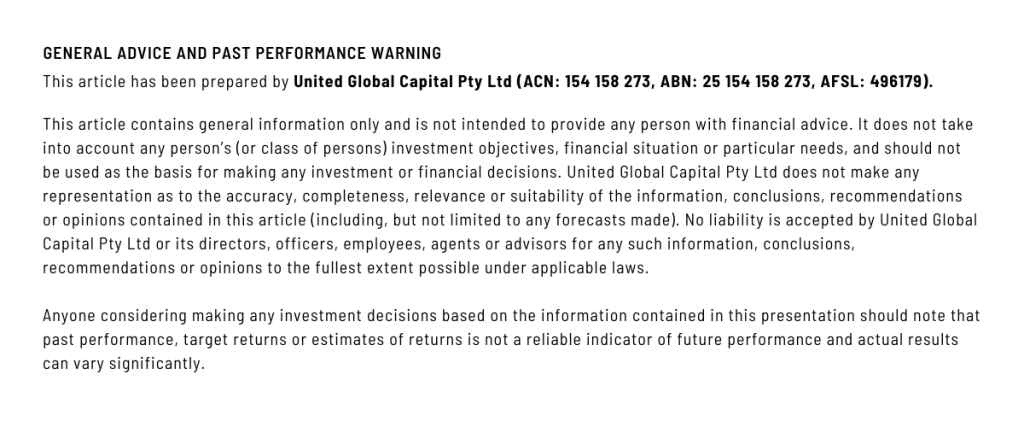6 Common SMSF Mistakes and How To Avoid Them
Self-managed super funds (SMSFs) provide a personalised approach to retirement savings, offering control over investment choices and potential tax benefits. However, the intricacies of superannuation laws and compliance requirements often pose challenges, even for the most diligent trustees. To ensure that your SMSF thrives and remains compliant, understanding and avoiding common pitfalls is crucial.

1. Misuse of SMSF Assets
One critical compliance error is the misuse of SMSF assets, such as early withdrawal or personal use. SMSFs must meet the sole purpose test, ensuring all investments solely benefit members upon retirement. Violations, like premature access to funds or investing in collectibles for personal enjoyment, not only jeopardise the fund’s compliance but can also attract significant penalties.
2. In-House Asset Rules Breaches
Trustees often struggle with the in-house asset rule, which limits investments with related parties to no more than 5% of the fund’s total assets. Fluctuations in market values can inadvertently push this figure above the threshold, requiring careful monitoring and potentially necessitating asset disposal to realign with legal limits.
3. Incorrect Asset Recording
Properly recording assets in the fund’s name, separate from personal assets, is another area where trustees can falter. This separation ensures clear ownership by the SMSF and safeguards the assets should personal financial issues arise. Using a corporate trustee can simplify this process, particularly when changes in trustees or membership occur.

4. Deviating from the Investment Strategy
Each SMSF must have a defined investment strategy that guides the fund’s investment decisions. Investing outside this strategy not only risks compliance but also exposes the fund to potential fines. Regularly reviewing and adjusting the strategy to reflect changes in market conditions or member circumstances is essential.
5. Poor Record Keeping
Maintaining accurate and comprehensive records is fundamental to managing an SMSF effectively. Essential documents include trust deeds, meeting minutes, financial statements, and records of decisions, particularly regarding investments. Loss of these documents can lead to disputes and compliance issues, making digital backups and organised record-keeping practices vital.
6. Failure to Plan Ahead
Beyond these common mistakes, proactive succession planning is vital. Preparing for the potential death or incapacity of a member ensures the SMSF can operate smoothly without legal hurdles or conflicts over control of the assets.
To safeguard your SMSF’s compliance and optimise its performance, engaging with a dedicated financial adviser can make all the difference. At United Global Capital, we specialise in SMSF management and can help you navigate the complex landscape of superannuation laws, ensuring your fund is both compliant and tailored to your retirement goals. Contact us today to find out how we can help you.

